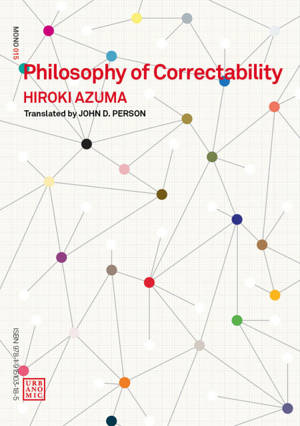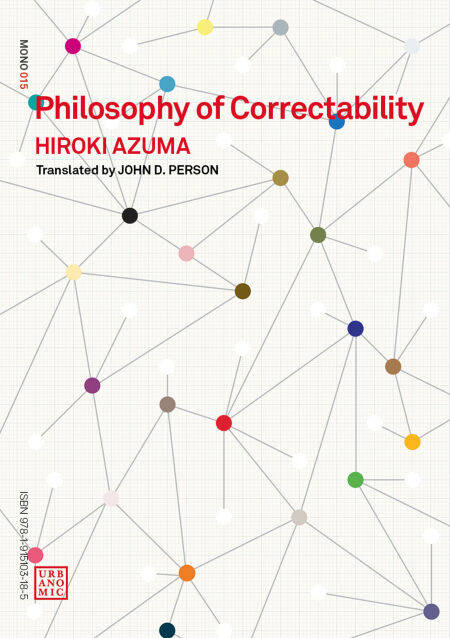
Bedankt voor het vertrouwen het afgelopen jaar! Om jou te bedanken bieden we GRATIS verzending (in België) aan op alles gedurende de hele maand januari.
- Afhalen na 1 uur in een winkel met voorraad
- In januari gratis thuislevering in België
- Ruim aanbod met 7 miljoen producten
Bedankt voor het vertrouwen het afgelopen jaar! Om jou te bedanken bieden we GRATIS verzending (in België) aan op alles gedurende de hele maand januari.
- Afhalen na 1 uur in een winkel met voorraad
- In januari gratis thuislevering in België
- Ruim aanbod met 7 miljoen producten
Zoeken
€ 29,52
+ 29 punten
Uitvoering
Omschrijving
A profound rethinking of the political categories of openness and closedness.
In a new work building upon his Philosophy of the Tourist, Hiroki Azuma reconsiders the connection between the figure of the tourist and that of the family. Setting out from the reevaluation of the family as a figure of containment following the COVID-19 pandemic, in this exploration of the inside and outside of community, Azuma questions the shifting values of openness and security, challenging the distinction between the openness of civil society and the closedness of the family, which he deciphers as an artefact of a Western philosophical standpoint in which polis is opposed to oikos.
Via Wittgenstein’s notion of family resemblance and Kripke’s interpretation of language games, Azuma develops a new concept of the family as a closed unit that is paradoxically open to drastic transformations of its own rules of inclusion. The tourist, an anomaloous agent that escapes Carl Schmitt’s opposition between friend and enemy, can then be reinterpreted as a familial figure.
In this subtle rethinking of some of the most fundamental categories of modern political economy, the topology of the open society is reconfigured beyond the opposition between conservatism and liberalism: through close readings of Rorty and Arendt, Azuma sketches out a new vision of an open polis supported by the transformative sustainability of the oikos.
In a new work building upon his Philosophy of the Tourist, Hiroki Azuma reconsiders the connection between the figure of the tourist and that of the family. Setting out from the reevaluation of the family as a figure of containment following the COVID-19 pandemic, in this exploration of the inside and outside of community, Azuma questions the shifting values of openness and security, challenging the distinction between the openness of civil society and the closedness of the family, which he deciphers as an artefact of a Western philosophical standpoint in which polis is opposed to oikos.
Via Wittgenstein’s notion of family resemblance and Kripke’s interpretation of language games, Azuma develops a new concept of the family as a closed unit that is paradoxically open to drastic transformations of its own rules of inclusion. The tourist, an anomaloous agent that escapes Carl Schmitt’s opposition between friend and enemy, can then be reinterpreted as a familial figure.
In this subtle rethinking of some of the most fundamental categories of modern political economy, the topology of the open society is reconfigured beyond the opposition between conservatism and liberalism: through close readings of Rorty and Arendt, Azuma sketches out a new vision of an open polis supported by the transformative sustainability of the oikos.
Specificaties
Betrokkenen
- Auteur(s):
- Vertaler(s):
- Uitgeverij:
Inhoud
- Aantal bladzijden:
- 400
- Taal:
- Engels
- Reeks:
Eigenschappen
- Productcode (EAN):
- 9781915103239
- Verschijningsdatum:
- 13/04/2026
- Uitvoering:
- E-book
- Beveiligd met:
- Adobe DRM
- Formaat:
- ePub

Alleen bij Standaard Boekhandel
+ 29 punten op je klantenkaart van Standaard Boekhandel
Beoordelingen
We publiceren alleen reviews die voldoen aan de voorwaarden voor reviews. Bekijk onze voorwaarden voor reviews.









